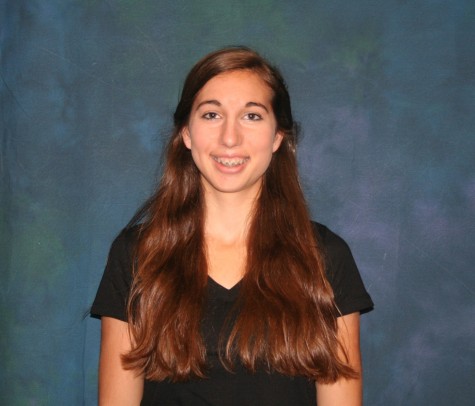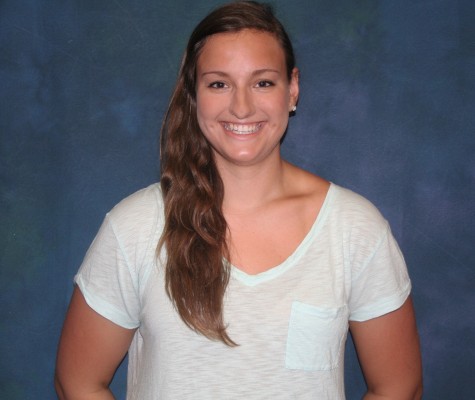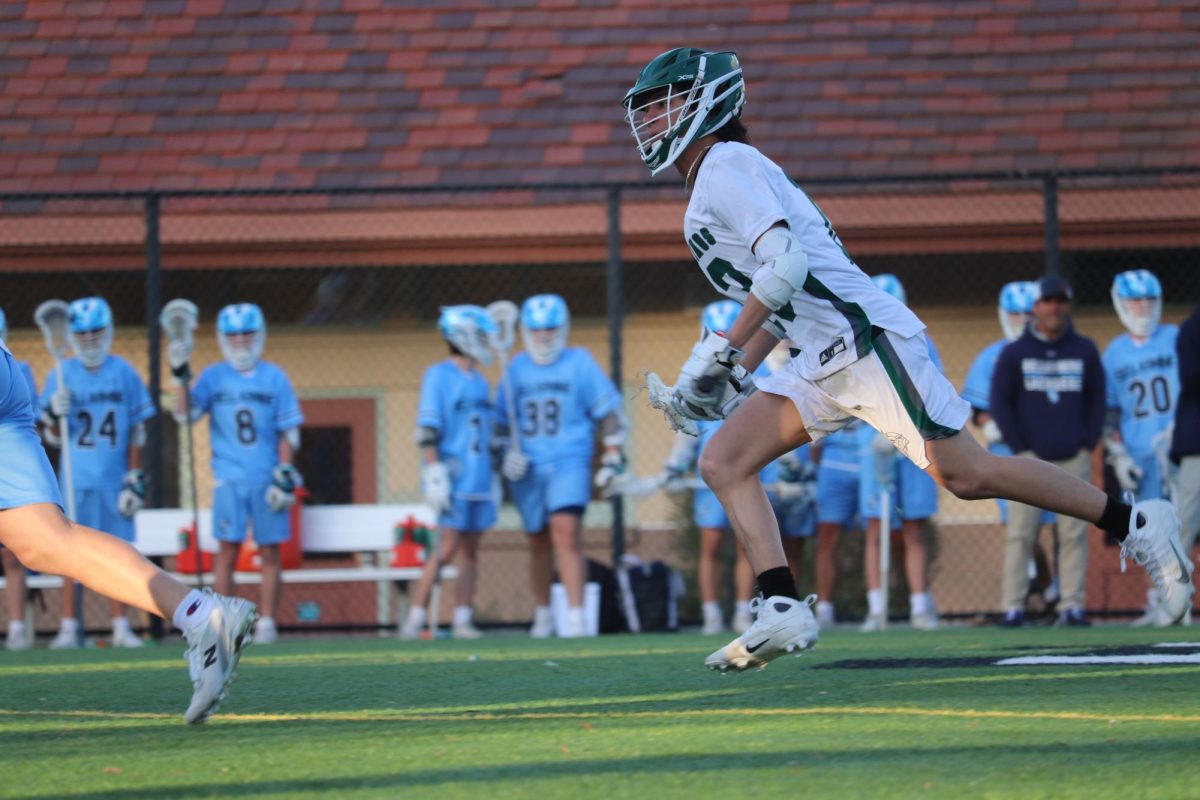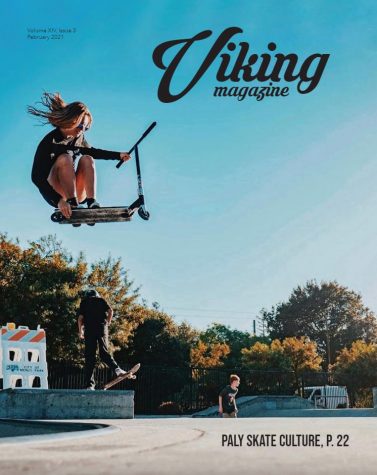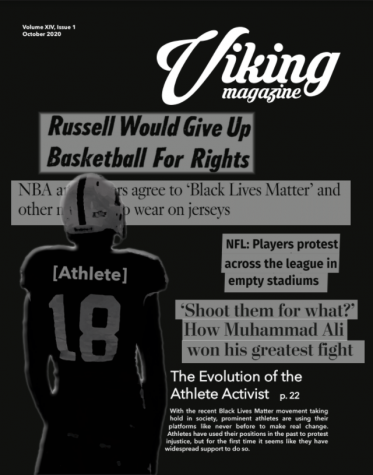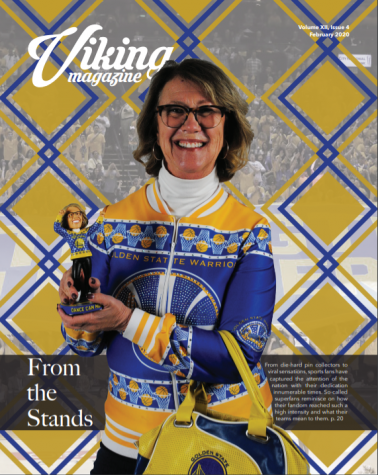For the love of the game
The Special Olympics is the largest sports organization for kids and adults who have intellectual disabilities. Around 170 countries and four million athletes participate in 32 different sporting events.
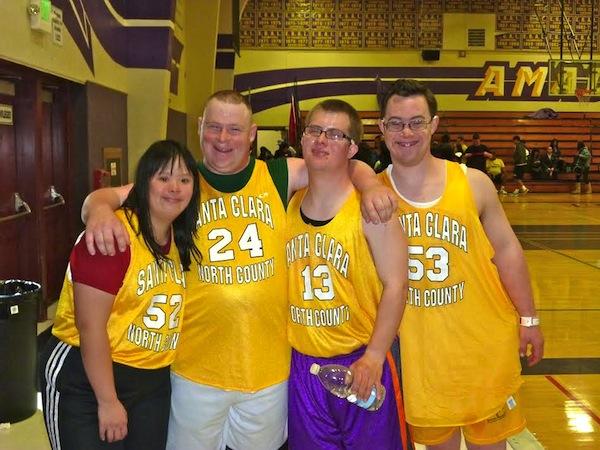
Champ Pederson (‘06) poses with members of his basketball team. Pederson has participated in the Special Olympics of Northern California.
April 16, 2014
According to a report released in 2013 by the U.S. Center for Disease Control and Prevention, up to 20 percent of minors (ages 3-17) in America suffer from a mental disorder. Children who attend public school often participate in special education programs. Outside of the classroom, children with disabilities can participate in a variety of extracurricular activities. These activities include opportunities to participate in sports programs. One of these organizations is the Special Olympics, which allows over four million athletes to participate in over 32 sporting events on a global level.
The Special Olympics were founded by Eunice Kennedy Shriver and are held every four years. Shriver, John F. Kennedy’s sister, grew up playing sports with her sister, Rose Marie Kennedy, who had an intellectual disability and was provided with limited sports programs to compete in. As Shriver grew older, she developed her idea that people with disabilities should be given the same opportunities as anyone else. She then created a summer camp called “Camp Shriver” in her backyard in 1962. Her idea expanded and the first ever Special Olympics was held in Chicago, Illinois in 1968.
Since 1968, the Games have continued to grow. The next Special Olympics is to be held in New Jersey from June 14-21 this year. Although these games may not draw the same number of viewers as the Olympics, they provide a global stage for athletes with intellectual disabilities to showcase their talents and hard work. The Special Olympics involves more than 170 countries worldwide.
Athletes with intellectual disabilities are not restricted to solely competing on a global level. Local organizations, such as the Special Olympics of Northern California, are bringing sporting opportunities closer to home. The Special Olympics of Northern California allows athletes to participate in 11 different sporting events, including softball, soccer, tennis and bowling. This organization helps athletes ranging from age five to above, but only athletes ages eight and over can compete. One of Palo Alto High School’s own graduates, Champ Pederson (‘06), participates in the Special Olympics of Northern California.
As a child, Pederson tried multiple sports, including swimming, basketball and baseball. During his first two years at Paly, Pederson helped manage the football and baseball teams. Pederson additionally ran and threw shot put for the track and field team at Paly.
There are many differences between Paly athletics and the Special Olympics. However, both Paly and the Special Olympics of Northern California focus on community.
“It’s community based,” Pederson said. “It is not just individualized.”
Pederson has also helped out with the University of Pacific (UoP) baseball team as a speaker and a bat boy.
Through his various athletic experiences, Pederson has gained insight into the effort athletes with intellectual disabilities must put into a sport. He wants to share his advice with other disabled athletes.
“You’ve got to train; you’ve got to work hard every day,” Pederson said.
Although there are no sports teams at Paly for athletes with intellectual disabilities, these students are still given opportunities to participate in the sporting activities at Paly, either as an athlete or as an assistant in the athletic department. Paly athletic director Earl Hansen has had many special education athletes help in the areas around sports.
“They are supportive in both directions,” Hansen said. “They love being there. They love supporting the teams and the kids on the team love having them. And they help, they’re a part of it. They aren’t there just to be nice. They are very helpful.”
Although Paly does not provide separate sports teams for students with intellectual disabilities, there other pathways for these athletes to involve themselves in the sports world. The Special Olympics and similar organization help to improve the athletic endeavours of athletes with intellectual disabilities.
“[The Special Olympics] teaches kids to try to become [who] they are as athletes,” Pederson said. <<<



